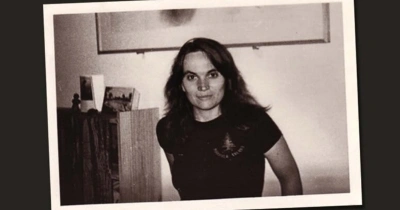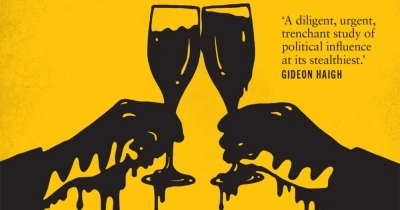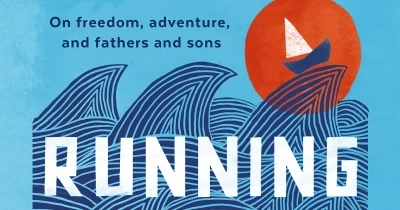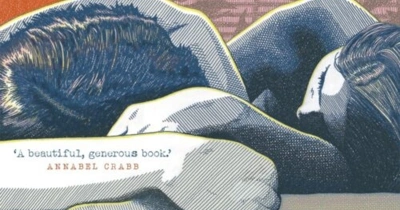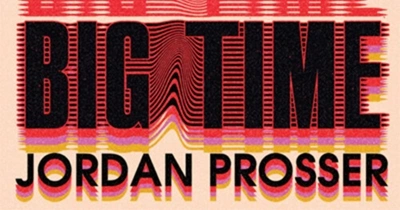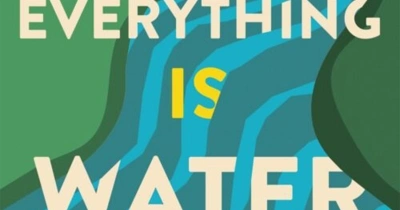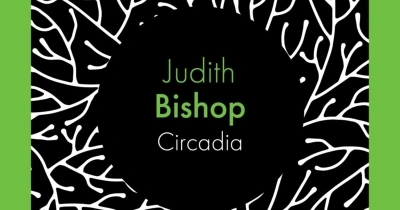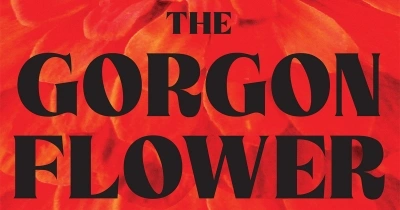University of Queensland Press
Gutsy Girls: Love, poetry and sisterhood by Josie McSkimming
by A. Frances Johnson •
Slick: Australia’s toxic relationship with big oil by Royce Kurmelovs
by Stuart Kells •
Running with Pirates: On freedom, adventure, and fathers and sons by Kári Gíslason
by Shannon Burns •

